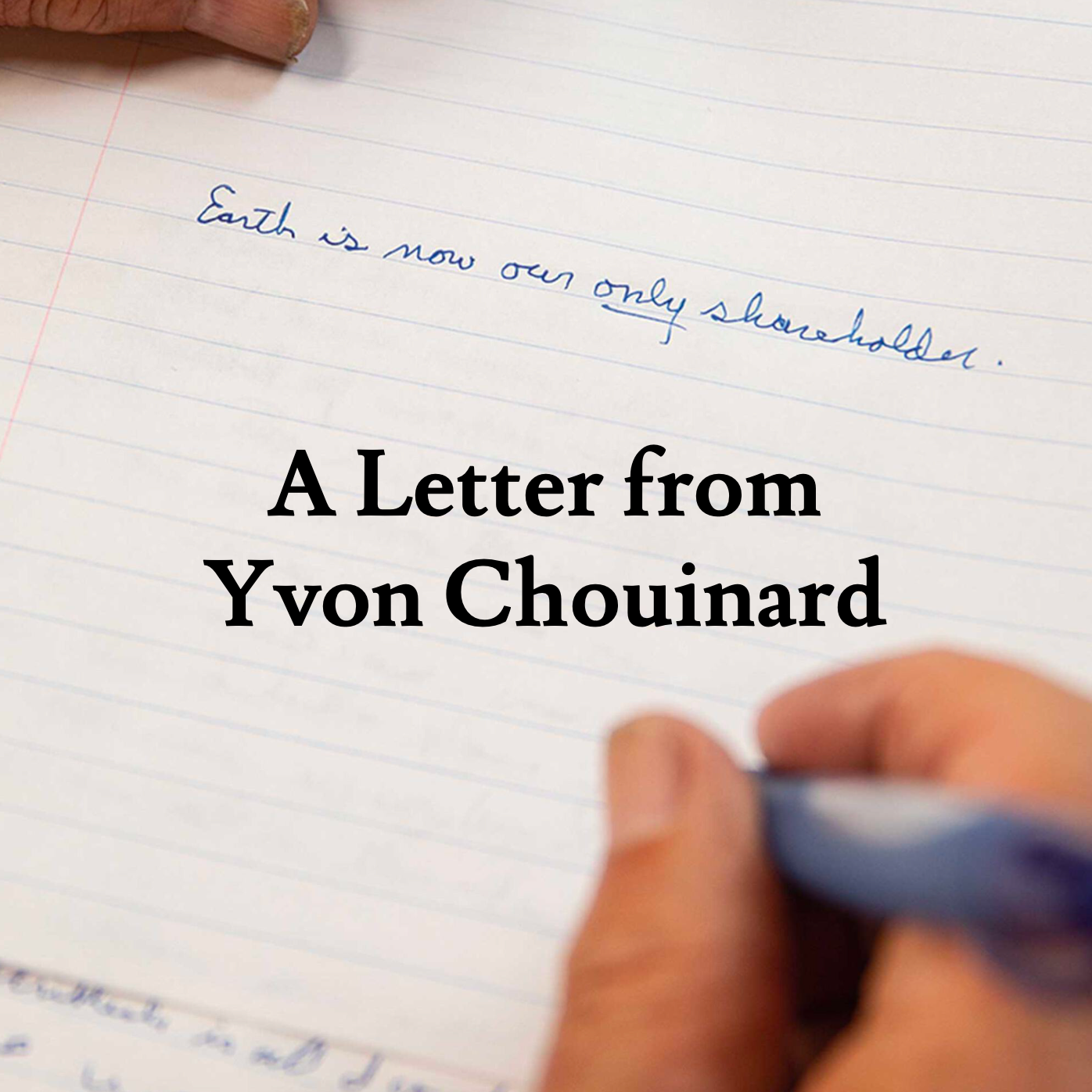For decades, Wayne surfed the wild southwest coast, often alone. Photo Steve Ryan
“The other thing was that we had to move. The cost of everything down there just got way out of hand and my family wouldn’t be able to establish themselves in the area. The cost of buying into Lorne was beyond anybody's reality. You can't buy a house in Lorne that’s worth buying for under two-and-a-half million today. They're very destructive forces in our economic-slash-social situation right now. It's not healthy. And that’s destroyed the community, the social fabric of the town I knew. It completely destroyed it. Now you have people who have come in – and I don't blame them – but people come in from outside and they know nothing about the history of the place. They know nothing about the way it all worked. And so, the entire dynamic of the place changes.
“But I really miss the Southern Ocean – the cliffs, the coast, the mountains. I’m third generation down there; grew up in the bush. All my family were professional fishermen at one point – cray fishermen – so I grew up on boats. I grew up all over that coast and from a surfing point of view, I was pretty much the first person in a lot of the areas. Surfed them for years. I lived on the ground, slept on the ground, slept in cars, slept under my car, did that whole ‘dirtbag’ thing and lived a wonderful, simple, rough life.
“And having a family who’d already lived there for generations, they knew so much about the land, and they knew so much about the sea and the sea life. So that was my real education and why I did what I did... just explored and surfed and watched. I'm an introvert, and introverts are known to be great observers. We're creatures of the shadows, so to speak.
“And that's what I loved about down there – I had the space and the time, and my friends were all like-minded. We absolutely loved our life and the sense of discovery about surf breaks and just the place itself. That sense of place was really paramount in our thinking and our experience. We were in it every day, and I got to know the place at a level that you could only do once in your life, on one coast. There's not enough life to do it again on another coast.
Wayne and Dave Rastovich survey the coast to the west of the Twelve Apostles. Photo Jarrah Lynch
“There were certain places down there where I could look at the ocean and I’d know what the surf was like 50km away because I’d traversed that coast in different conditions so many times. I could never do that here. From that point of view, I really miss it. It's so deeply ingrained in your makeup that to go to another coast, I always feel a little bit lost.
“When you've lived your whole life in a place like that and your parents and your uncles and aunties and your grandparents and all your friends, everywhere I go down there, I'm walking through a history and there’s a signature in the land. I could stand anywhere on the coast down there and think of people I spent time with, doing something there. That sense of history is really important.
“But we don't really treasure that.
“One of the central and most important aspects of Aboriginal culture is their history and the way it's handed on and it’s why they respect their elders so much, because they carry that life wisdom, that life-experienced wisdom and the cultural wisdom. That's why they lasted 65,000 years and we're probably going to be flat out going lasting another hundred. Seriously... we’re destroying something we don't even understand. And that's true both environmentally and socially, but I've gotten off track here. Sorry, I can't help myself.
“Lived experience is incredibly important. Your relationship with the land and your country and like-minded people and all the rest of it. There's no substitute for it, even though I've got some great friends up here on the North Coast, and I do love it. It'll never be like what it is for me down in Victoria.
“There's nothing like the Southern Ocean. A lot of people don't think about it, but the Southern Ocean swells are what you ride in Indo. They’re what you ride in Victoria and South Australia and Tassie and all of West Australia. But up here on the North Coast it's a different swell. Up here it’s a different type of ocean. Up here on the North Coast I’m still trying to learn how the weather patterns work and the swell angles and all that.
“I mean, even from the point of view of sailing, the amount of crossed-up ocean out here compared to down in Victoria is extraordinary. I'm forever astounded how you can get seven-to-10 different direction chops and swells at one time and the boat's jumping all over place. Whereas in the Southern Ocean, things tend to move in a certain direction and the swells are big and long.
“Here on the North Coast, you get a big lump of swell and it's just a lump. You look each side of it, and it only lasts a couple of hundred metres, whereas down in the Southern Ocean, that swell line stretches as far as you can see. Some days when it's big and you're out there sailing, you look along the swell line and there’s this a massive canyon between two big swells. So, the difference is profound.
“The energy in the wave here on the North Coast is also totally different. I've had to adapt all the boards I'm shaping. My boards from down south have too much entry curve for here. Basically, you got to have that flat entry here or you can't catch the wave. The waves don't pick you up here like they do down south. You have to really paddle hard to catch them, and then they break suddenly. They almost trip up on the reef or the sand, so you've got to get in and get that first 10 feet as quickly as possible.
“So, there are all the things I really struggled with in the water. Down there can be 15, 16, 17 seconds on a big swell. Up here might be 8, 9 or 10. So, it's an interesting learning curve. But it's like everything in life – if you're in a situation where you are learning, it's good.
“It's a slow process of learning, but as I say, there are some great things about it. We’ve got resident kangaroos here, there's a lot of bird life that comes and goes. And the veggie garden here... I was so used to a short growing season down in Victoria. You had to plant in spring and by the end of the summer it was gone. But here, I mean our garden is just prolific. You can grow 12 months a year. If anything, the colder months are the better growing months.
Wayne's new life on the North Coast is a little greener, a little less oriented, a lot less raw. Photo Jarrah Lynch
“When I think about it, the move was actually quite profound, and I really wondered about the decision I'd made. But you have to give it time and learn to adapt. Life has changed, so you have to change. So, I did, and I came to really like it. There's a lot of things I really love about up here. It's been good for the family, just the warmer weather. You're not on the defense as much. It can be brutal down there. I mean, it can be here too, but you just don't have that bitter cold that makes your hands ache and you're outdoors more because of it.
“I do love it here. I really do love living here and it is our home, but it's not ‘home’. Home is down there, and it will always be. But life is a compromise in many ways so I'm happy to compromise.
“It’s given me a new perspective on a new coast which is great, but in a way, it’s also made me appreciate and think more about where I’ve come from. I think as human beings, I don't think we understand history very well. One of my favourite sayings is by Shakespeare – ‘What’s past is prologue’ – and it's brilliant. So succinctly put and perfect."
This story features in the first print edition of Roaring Journals: order your copy here.
Opening image: For Wayne today, a drive back down the Great Ocean Road is a drive back into his past. Photo Jon Frank























